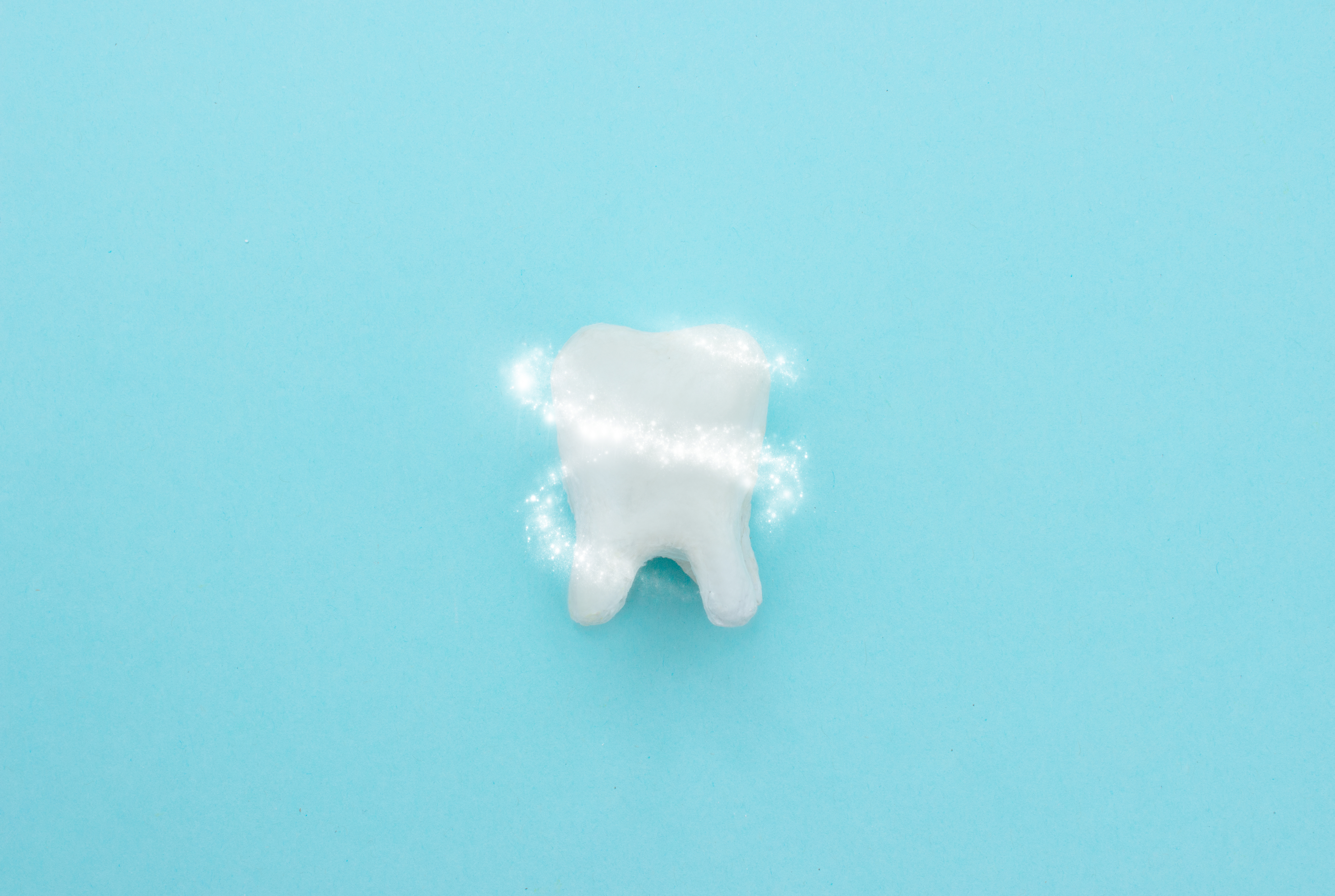Tooth loss relates to unusual brain sizes among older adults with normal cognitive ability. Can food help?

A recent study revealed that older adults with normal cognitive ability who had less than 10 teeth, defined as tooth loss, showed unusual brain sizes, compared to those with over 24 teeth. This may signal mild cognitive impairment and dementia in the future. They also found that the elderly with tooth loss ate less plant-based and more processed foods. The researchers suggest that a balanced diet would benefit older adults’ oral health and cognitive ability.
We are living in an aging world. According to the World Health Organization (WHO), by 2030, one in six people will be at age of 60 years or older globally. By 2050, the percentage of this population will be 22%, which nearly doubles the number in 2015.
Cognitive ability is a crucial part of brain health and quality of life. Although it declines as we age, we can be aware of and manage the risk factors that worsen cognitive ability to protect our brain health. Risk factor management is particularly important and helpful for older adults.
Oral health is one of the risk factors for cognitive ability decline. Previous evidence have shown that bad oral health, such as gum disease and tooth loss, may contribute to impairment of cognitive ability or dementia. While, the specific regions in the brain affected by tooth loss remain unclear. To explain this relation, scientists analysed data of 732 Japanese elderly people who took part in the study between 2016 and 2018. The participants were at an average age of 70 years and had normal cognitive ability.
A dental practioner performed detailed dental examinations in each participant for evaluating their overall dental condition. To measure the sizes of different regions in the brain, the researchers performed the brain Magnetic Resonance Imaging (MRI) in individual participant. The regions measured include the parahippocampal gyrus and white matter hyperinteisity. Parahippocampal gyrus is important for individual’s ability to recognize and respond to surrounding environments, such as visual scenes and social context. Appearance of white matter hyperintensity in MRI indicates damage in the brain area called the white matter. Increased size of the hyperintensity associates with cognitive ability decline and Alzheimer’s disease. Participants also completed the food frequency questionnaires to assess the average amount of food and nutrition they had each day.
The individuals with less than 10 teeth showed significantly smaller size of parahippocampal gyrus than those with over 24 teeth. The size of the white matter hyperintensity was notably larger in those with less than 10 teeth, compared with individuals with over 24 teeth. This suggests that among the elderly with normal cognitive ability, tooth loss associates with decreased parahippocampal gyrus and increased white matter hyperintensity that are both features of dementia.
The researchers also found that people with tooth loss tend to eat less plant-based foods that are rich in nutrients of such as fiber, copper, iron, vitamin C and K. They intended to eat more processed foods that are rich in fat, soft in texture and with high calories.
These findings suggest that protecting oral health, such as maintaining at least 10 teeth, may be an important step for older adults to prevent decline of cognitive ability. Adjusting diets, for instance having more plant-base foods, could be a potential method for maintaining good oral health and cognitive ability. Since the study results were based on Japanese participants, the researchers mentioned in their published paper that it may be different in other countries.
This study was published in npj Aging. Image credit: Canva
Got any comments or questions on this article? Please reach out to me on LinkedIn, X (Twitter), or the CONTACT ME page, I would love to hear thoughts from you.
Share this article:






